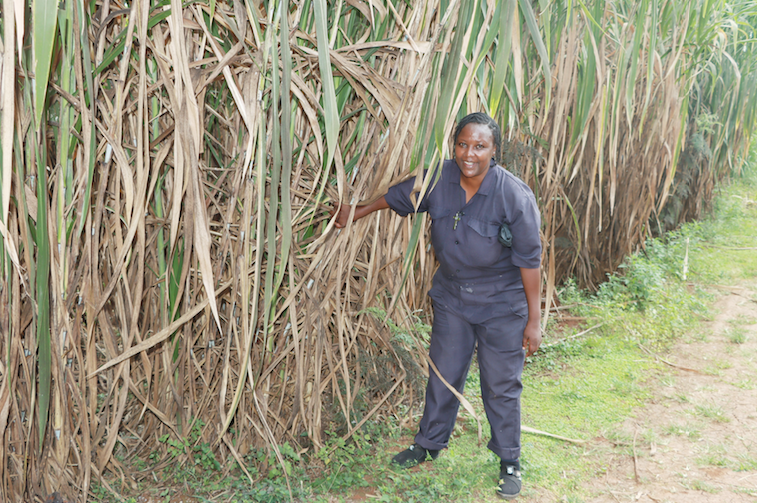×
The Standard e-Paper
Kenya’s Boldest Voice

A mixed animal farmer, Catherine Ruguru who has transformed her life and the local agricultural landscape by embracing Juncao grass. October 10, 2024[Muriithi Mugo, Standard]
Catherine Ruguru wades through the lush foliage of what at a glance looks like overgrown napier grass on her farm in the heart of Embu County.